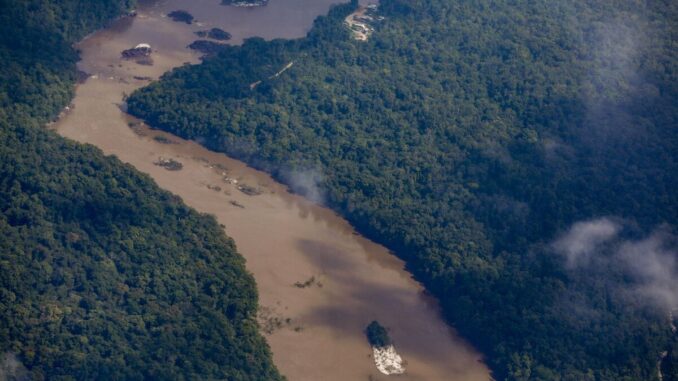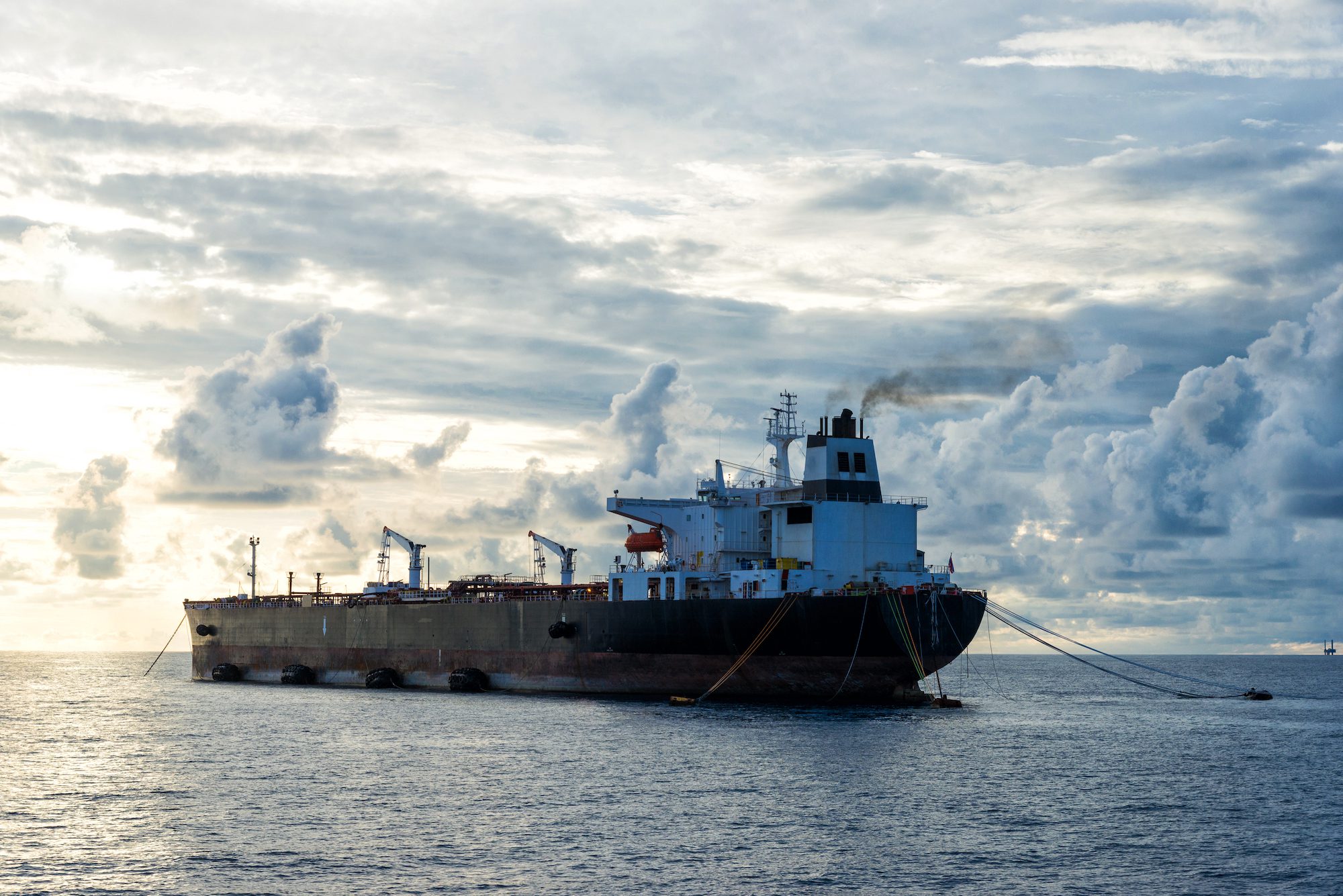
Up-Date: Significant initiative to enhance maritime safety and…

Probe:
Guyana has embarked on a significant initiative to enhance maritime safety and bolster its growing oil and gas sector by removing shipwrecks obstructing key waterways. With its burgeoning offshore oil production drawing international attention, ensuring clear and safe navigation for oil supply vessels has become a top priority for the South American nation.
Fizzle Out;
The removal of wrecks is particularly focused on Guyana’s main shipping channels, including those leading to critical offshore oil fields. These waters, previously known for their challenging navigational conditions, have seen increased vessel traffic since the discovery of substantial oil reserves by ExxonMobil and other operators. Oil supply vessels, essential for transporting equipment, personnel, and other resources to offshore platforms, must navigate these routes efficiently to maintain uninterrupted operations.
Obstructive shipwrecks pose safety risks, potentially leading to collisions, delays, and increased operational costs. Their removal not only reduces these risks but also aligns with international maritime safety standards. The initiative is part of Guyana’s broader effort to modernize its maritime infrastructure to accommodate the demands of its oil and gas industry, which has transformed the country into one of the fastest-growing economies in the world.
This project involves collaboration between the Guyanese government, private sector stakeholders, and international experts. Advanced technologies, including sonar mapping and specialized salvage equipment, are being employed to locate and safely remove wrecks. This ensures minimal disruption to the environment and ongoing maritime activities.
Beyond safety, clearing wrecks also has economic implications. Improved navigability in Guyana’s waters can attract more international shipping, fostering trade and creating opportunities for port development. It also demonstrates Guyana’s commitment to establishing itself as a reliable and efficient player in the global energy supply chain.
 Environmental considerations are integral to the wreck removal process. Authorities have emphasized sustainable practices to prevent damage to marine ecosystems, crucial for a country where fishing and tourism remain vital.
Environmental considerations are integral to the wreck removal process. Authorities have emphasized sustainable practices to prevent damage to marine ecosystems, crucial for a country where fishing and tourism remain vital.
As Guyana continues to expand its oil production, the removal of shipwrecks is a proactive step toward ensuring long-term maritime safety and economic growth. By addressing potential hazards, the country is not only safeguarding its oil supply chain but also reinforcing its position as an emerging leader in the global energy sector.
Leave a Reply